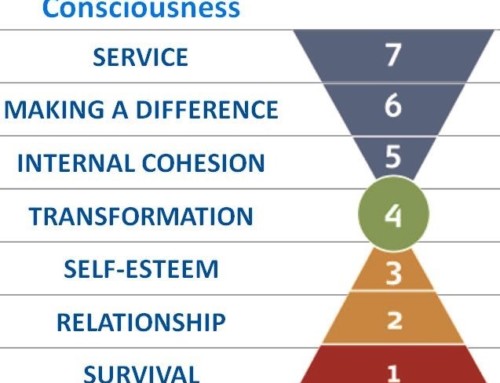Norman Plate remembers sitting in his first-grade class, appreciating the gifts of his teacher and knowing that he was called to teach. Yet subtle messages throughout his early years led him to believe that the field of medicine would be a more appropriate career choice.
Finding himself with less aptitude for the sciences than liberal arts, Norman steered his career toward law, another highly regarded field. He attended law school and had a successful law career serving the Utah Attorney General’s Office followed by the Ohio Attorney General’s Office, where he rose to the position of Senior Deputy of Attorney General/Chief of the Corrections Litigation Section. While Norman had found success, he had not found satisfaction. His work felt like work. He recalls that he always knew when payday was – the reminder of why he was working.
One day, a colleague who was teaching at Capital University Law School suggested that he pursue an Instructor opening there to teach Legal Research and Writing. This colleague obviously saw Norman’s natural teaching gift.
Norman pursued the opportunity with the support of his leader at the Attorney General’s Office. Once he began to teach, he tapped into those latent feelings that he was meant to teach. He loved teaching; it brought him to life. It truly wasn’t work.
Before Norman’s one-year contract at Capital had ended, he received a call from a friend who teaches at Thomas M. Cooley Law School, in Lansing, Michigan. An opening existed for a Visiting Professor in Research and Writing. Norman ended his career with the Attorney General’s Office, and with the blessing of his leadership at Capital, he accepted the position at Cooley, with a sense that he was finally following his calling.
Norman began teaching as a Visiting Professor at Cooley in May 2005 and was promoted to a tenure-track Associate Professor position in January 2006. The second term he taught he received the highest ratings on student evaluations of any professor in the law school, and he has repeated that performance since. While the student ratings are somewhat meaningful to Norman, he says that the ultimate reward is “knowing you’ve made a difference in someone’s life. You’ve helped them progress to be a better writer, a better lawyer.”
We can view work in one of three ways; as a job, a career or a calling. A job is a means to an end, such as a paycheck. A career entails a greater investment of oneself and achievement is marked not only by wages, but advancement and prestige. A calling has deeper intrinsic meaning as performing in the service of a greater good.
Norman’s work with the Attorney General’s Office fit somewhere between a job and a career. His work with Cooley is a calling. He speaks of how quickly time flies; he never knows when it’s payday. He is not working for the money, but the intrinsic rewards and he’s in flow. The hours and days connect together weaving a meaningful web. Norman recalls a colleague expressing the same feeling, “I get to teach. But they pay me to grade papers.”
Norman could have spent may more years practicing law and ignoring his calling to teach. It takes courage and sacrifice to step off the treadmill and follow our hearts. Norman gave up the Chief position at the Attorney General’s Office to take his first teaching job at Capital. He also moved away from his life partner for a year to take the role at Cooley. He acknowledges the support of colleagues and loved ones as an important ingredient to making a transition.
Norman’s story is evidence that when we find the courage to transform our lives, the rewards are great. When we are serving in the way we are meant to serve, from our strengths and passion, we find excellence.
As a leader, it is our prerogative to serve those we lead by helping them discover their calling. If it means that they need to leave us, no harm done. An opening exists for someone who is called to work with us. Imagine a workplace where all employees consider it their calling to serve there; everyone is in flow. What in energizing place that would be to work!






Leave A Comment
You must be logged in to post a comment.